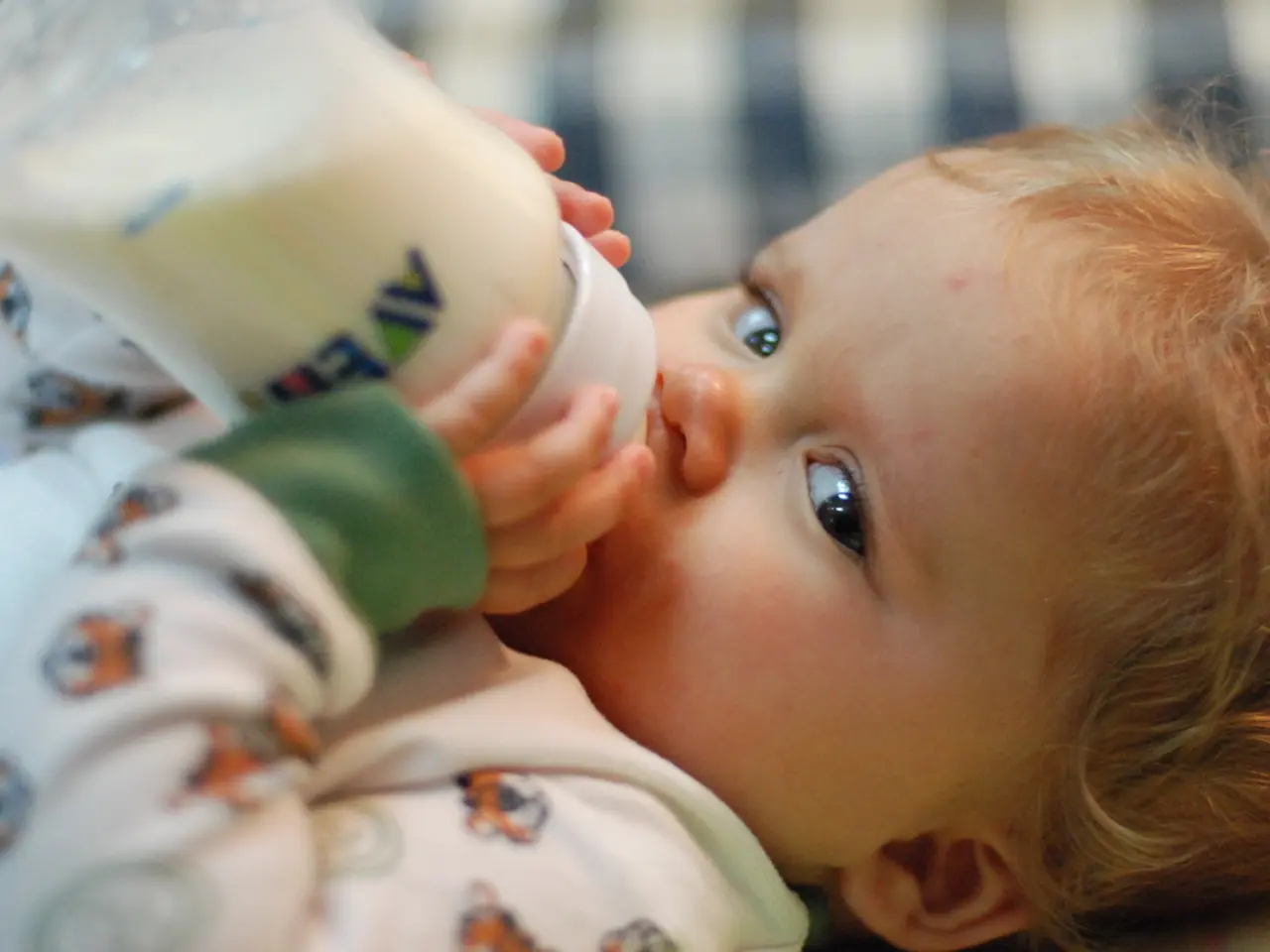Promoting Breastfeeding's Mainstream Acceptance Gains Momentum in Europe
The European Union-led "Baby-Friendly Community and Health Services" project is revolutionizing breastfeeding support, aiming to extend the principles of the WHO-UNICEF Baby-Friendly Hospital Initiative beyond hospital settings into community health services and broader community environments.
The project, launched on World Breastfeeding Week, is currently being implemented in seven European countries: Greece, Italy, Lithuania, Norway, Slovenia, Spain, and Ukraine. This initiative seeks to create breastfeeding-friendly environments that involve healthcare workers, families, and communities, particularly in less advantaged areas.
In Italy, Calabria is leading the way with the project spanning 29 municipalities, five community health services, two hospitals, and a wide range of schools. Teachers in Calabria have received training to store and serve breastmilk safely, while nurseries allow parents to leave expressed breastmilk for teachers to feed to their children. Local workers, such as supermarket cashiers and hairdressers, are being encouraged to support parents however they can.
The project emphasizes integrating breastfeeding support as a shared responsibility, reflecting the recognition that breastfeeding benefits lifelong health for babies, mothers, and society at large. WHO/Europe is working with local governments to track key indicators for breastfeeding progress and developing an e-learning platform called BreastFEEDucation to improve training for health professionals.
However, the project faces challenges. Companies selling breastmilk substitutes are sponsoring events for health professionals, creating a potential conflict of interest. The saying "Breast is best" is being questioned, with some arguing that babies should be fed regardless of whether it's formula or breastmilk. Nevertheless, the benefits of breastfeeding are undeniable. Breastfeeding lowers a woman's risk of breast cancer and protects babies from infections, obesity, diabetes, and other noncontagious diseases.
The project's strategies include expanding Baby-Friendly standards beyond hospitals into community health services, piloting actions in communities, especially disadvantaged areas, to foster supportive environments, and engaging a broad community network to support breastfeeding mothers. The main success to date is the validated impact in Norway and the adoption of the model across multiple EU countries, marking it as a recognized best practice in European breastfeeding promotion efforts.
In conclusion, the "Baby-Friendly Community and Health Services" project is a significant step towards creating a supportive environment for breastfeeding across Europe. By making breastfeeding "everybody's business", the project aims to address the undervaluation and under-support of breastfeeding, ensuring a healthier future for babies, mothers, and society.
[1] European Commission. (2022). Baby-Friendly Community and Health Services. Retrieved from https://ec.europa.eu/health/ph_risk/health_determinants/breastfeeding/communities_en [2] World Health Organization. (2022). Baby-Friendly Community and Health Services. Retrieved from https://www.who.int/nutrition/topics/bfcommunities/en/
- The "Baby-Friendly Community and Health Services" project, an extension of the WHO-UNICEF Baby-Friendly Hospital Initiative, aims to implement science-backed health-and-wellness practices in communities, focusing on mental-health support, women's-health, and parenting education.
- The project's e-learning platform, BreastFEEDucation, is being developed by WHO/Europe to help improve the training of health professionals, ensuring they can provide effective health news about breastfeeding and its benefits for lifelong health.
- Recognizing the importance of community support for breastfeeding mothers, the project is encouraging a wide range of community members, from teachers to supermarket cashiers, to become involved in creating breastfeeding-friendly environments for new parents.




